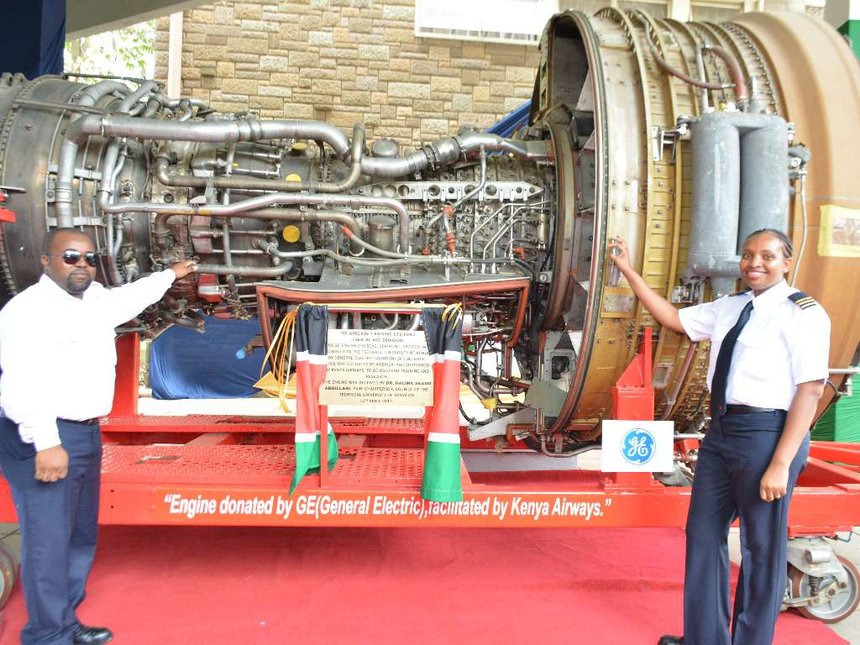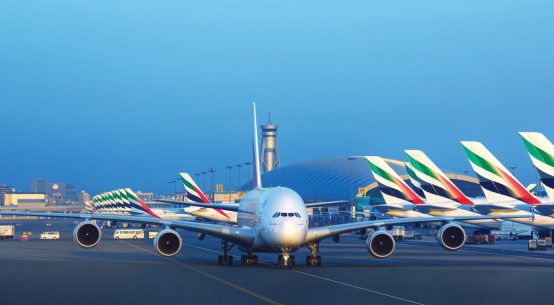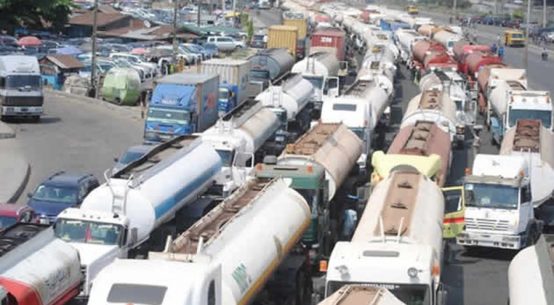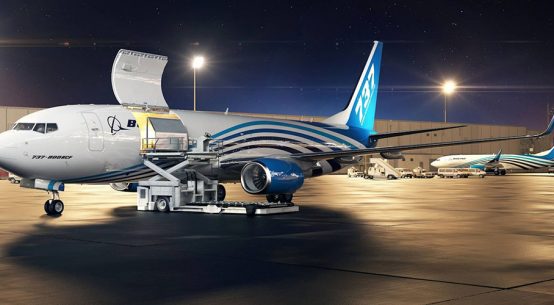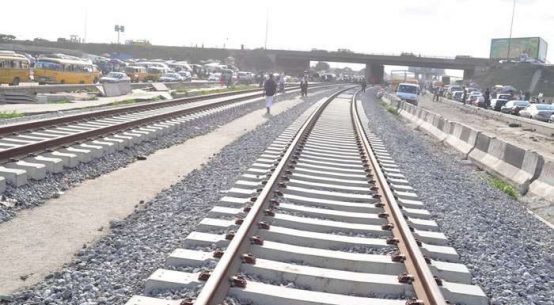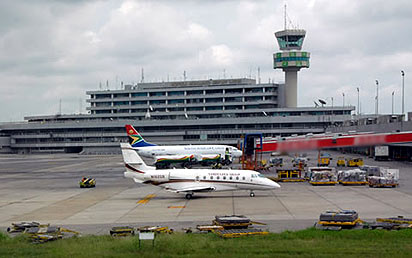Kenya Airways’ Maintenance, Technical & Engineering Wing
Share Price Jumps From Sh2 to Sh12 After Two Weeks Break
Nairobi (Capital FM) — Kenya Airways Engineers are currently on a go-slow that could potentially delay flights.
According to a reliable source from the airline, the engineers are demanding for an increase in salaries barely seven months after their salaries were increased.
The engineers are demanding their salaries to be benchmarked with international standards.
Imagine your Ad placed here
“Barely seven months ago, the engineers were added 6o percent of their pay, which they were paid in April and it was backdated to February, now they’re back demanding to be paid more,” the source revealed.
However, the source said operations are fine and minimum delays are expected.
The move is expected to negatively affect the airlines’ return to profitability that has seen it cut costs, with the capital optimization strategy, which includes a reorganization of shareholding.
In its half-year results 2018 that ended in September, the national carrier decreased fleet costs by 21.9 percent while overheads decreased by 8.9 percent making it lower its losses by 20.9 percent to 3.8 billion from 4.7 billion of the same period of the previous year.
The airline has been battling with strike threats in the recent pasts including one from pilots.
In August KQ signed a new Collective Bargaining Agreement (CBA) with the Kenya Airlines Pilot Association (KALPA) that aims at enhancing productivity, ending three years of negotiations.
The new CBA came with no salary increment but instead provides an opportunity for pilots to earn a productivity allowance for more hours worked beyond a certain threshold.
The move will see more pilots flying thus eliminating the perception of pilot shortages in some fleets and will assist in stemming pilot attrition.
The CBA is valid for one year covering the period of April 1, 2017 to March 31, 2018 with the implementation subject to registration at the Employment and Labour Relations Court.
KALPA called off a strike in October last year after fruitful discussions with Kenya Airways Chairman Michael Joseph who had just joined following the departure of Dennis Awori.
Apart from remuneration, KALPA also wanted the resignation of the then KQ Managing Director Mbuvi Ngunze who they had termed as inexperienced and lacking capacity to bring the airline back to recovery after taking over from Titus Naikuni.
Mbuvi Ngunze left KQ in March 2017 but is still an advisor to the board.
Share rally
Meanwhile, the airline’s share price went up 135.5 percent to Sh12 after it reopened this week at Sh2 following two weeks of temporary suspension to enable a share split and consolidation of the company’ stock as part of the airlines capital restructuring plan.
The restructuring saw the Government increase its shareholding to 48.9 percent of the ordinary voting shares with a consortium of local banks through a special purpose vehicle – KQ Lenders Company 2017 Ltd – now owning 38.1 per cent shares of the airline after having a combined debt of Sh17 billion converted to equity in KQ.
KLM saw its shareholding whittled down to 7.8 percent and the balance – 5.2 percent – shared between other shareholders and a new employee share ownership Plan (ESOP).
Speaking during the bell ringing ceremony to commence the relisting of the shares at the NSE trading floor, Kenya Airways Chief Executive Officer Sebastian Mikosz said the relisting of the firms’ shares demonstrates another step towards securing the airlines growth that will be anchored by operational efficiency and financial sustainability.
“The restructuring makes us competitive and sets us on a path of profitability with a healthy liquidity. We appreciate all the work that went into ensuring we continue to turn around this airline and secure its future,” he said.
The firm posted a Sh3.8 billion net loss for the six months to September, a 20.5 percent reduction of their losses same period last year of Sh4.78 billion.
This was attributed to the improvement of decreased costs in the period as fleet costs were lower by 21.9 percent while overheads decreased by 8.9 percent.
However, the national carrier made flat revenue in the period under review slightly impacted by the election period.

